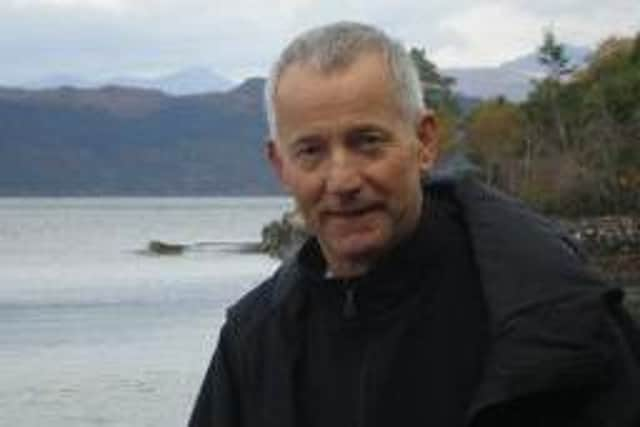Society’s maltreatment of unmarried mothers is a stain on Scotland’s history - Dr Gary Clapton


There has been growing interest in the maltreatment of unmarried mothers in the mother and baby homes that existed throughout the twentieth century across the UK and Ireland. Toward the end of last year there was a call for a public enquiry into the institutions for unmarried mothers in Northern Ireland. This followed a report into the NI mother-and-baby homes and Magdalene Laundries that made for terrible reading regarding the way that women, many of them girls, were treated in these establishments, some of which were repurposed workhouses and were still in operation as recently as 1990.
In a search of the website ‘Children’s Homes: the institutions that became home for Britain’s children and young people’ a page entitled ‘Mother and Baby Homes – Scotland’ comes up. On it there are listed thirty such homes. The conditions of entry make for grim reading. The Salvation Army home on Magdalen Green in Dundee lists ‘places’ for 24women and eight babies. It was for ‘girls and women in distress’. It closed in 1927 presumably to make way for larger premises up the hill in Lochee (closed 1970) that could offer room for 40 women and 28 babies. Melville House in Perth took ‘girls in need’ plus ‘Probation Act cases’, the latter being young women who were deemed to have committed an offence and sentenced to probation with a compulsory condition of residence in a hostel. Better than being in prison but in the case of the women in Melville, their detention was in addition to their circumstances of being pregnant and unmarried in a society and time when having a baby ‘out of wedlock’ was deemed shameful and a sin. One of the Edinburgh homes stipulated that a place would be available for unmarried, expectant mothers – so long as they were expectant with their first child only. In other words, women who had already had a child were not admitted. There are 11 of these homes listed for Glasgow alone.
Advertisement
Hide AdAdvertisement
Hide AdOn a separate page under ‘Magdalen Homes – Scotland’, there are over 50 homes listed and open in the 1970s. Some also appear on the ‘Mother and Baby Homes – Scotland’ list. However, the Magdalen Homes page entries are frequently clear that the provision is for ‘fallen women’ aka, unmarried mothers for the most part. There were probably many more – less official – places where desperate unmarried mothers might find temporary accommodation.
The experiences and lives of women like Elspeth Ross who stayed in these mother and baby homes for a short while and the subsequent – separate – destinations of them and their babies await thorough enquiry and proper documentation as part of mapping just how much adoption has featured in Scottish society. Luckily, Elspeth Ross, now 76 has been re-united with her adopted son. Bringing together mothers and their adopted children is part and parcel of Birthlink’s everyday work. This also includes helping adopted people piece together their beginnings in these mother and baby homes. It also involves work with mothers whose memories of these establishments remain bitter and are overshadowed by the pain of separation from their babies.
Dr Gary Clapton, Honorary Fellow, Social Work, School of Social and Political Science, University of Edinburgh
Comments
Want to join the conversation? Please or to comment on this article.